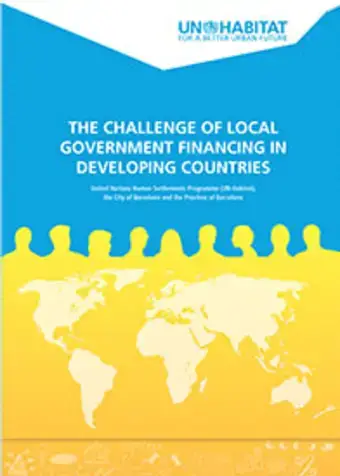New York/New Delhi/Nairobi 6 October 2015—World Habitat Day was marked on Monday with calls for sustainable urbanisation across the globe.
In a message during a World Habitat Day High Level Discussion on ‘Public Spaces for All’ In New York, United Nations Secretary General Mr. Ban Ki Moon said the recent adoption of the Sustainable Development Goals (SDGs) reflected an international consensus that sustainable urbanization could play a transformational role.

 New York 1 October 2015—Last Friday at the
New York 1 October 2015—Last Friday at the  Yangon, 24 June 2015 - UN-Habitat recently hosted a two-week mission of international experts to deliver urban planning training and undertake socioeconomic analysis of major Myanmar cities.
Yangon, 24 June 2015 - UN-Habitat recently hosted a two-week mission of international experts to deliver urban planning training and undertake socioeconomic analysis of major Myanmar cities. Jerusalem 17 June 2015 - UN-Habitat and
Jerusalem 17 June 2015 - UN-Habitat and 

 As the Millennium Development Goals (MDGs) expire in 2015, an international process is underway to define the Post-2015 Development Agenda. This process involves a wide range of stakeholders, and has spanned several years.
As the Millennium Development Goals (MDGs) expire in 2015, an international process is underway to define the Post-2015 Development Agenda. This process involves a wide range of stakeholders, and has spanned several years.